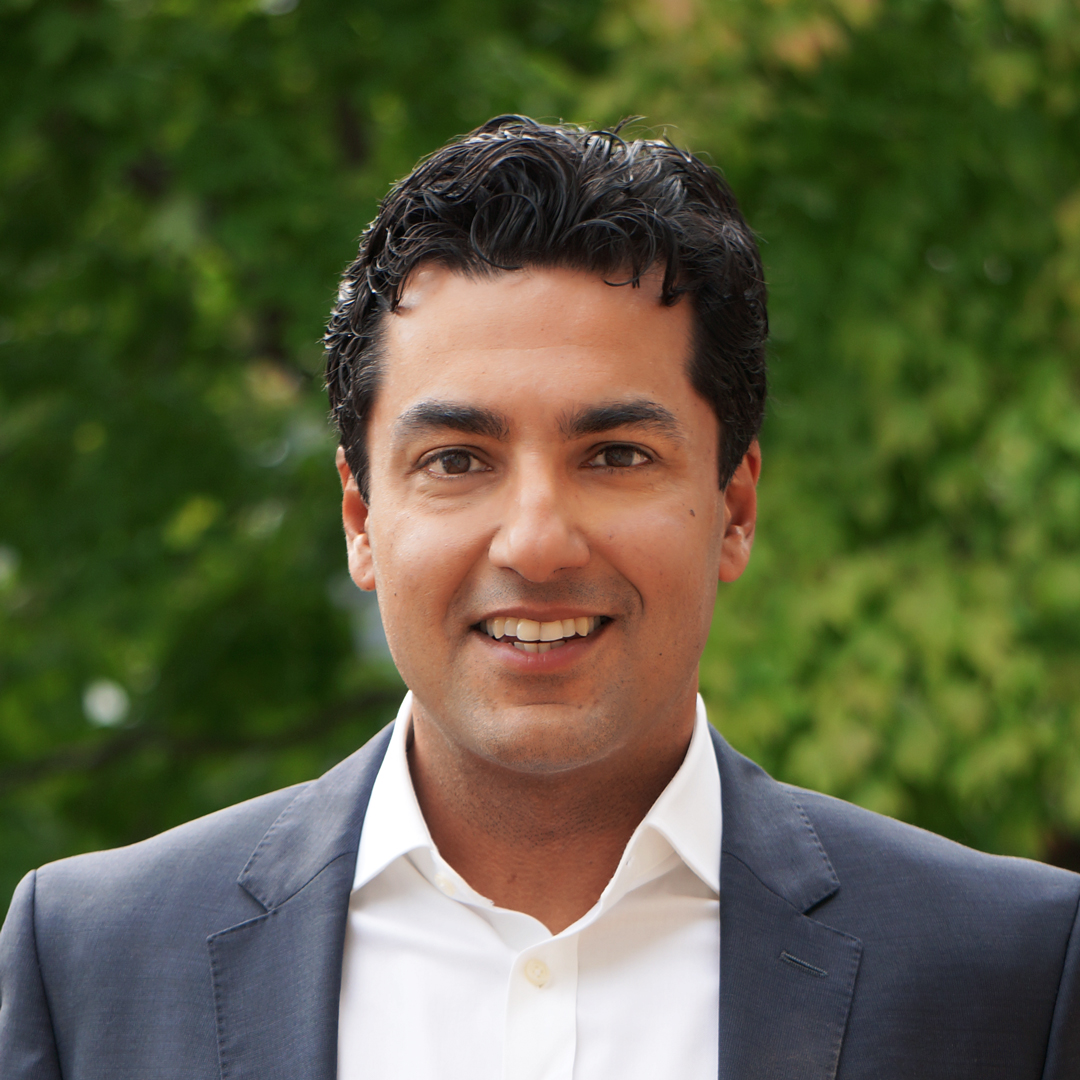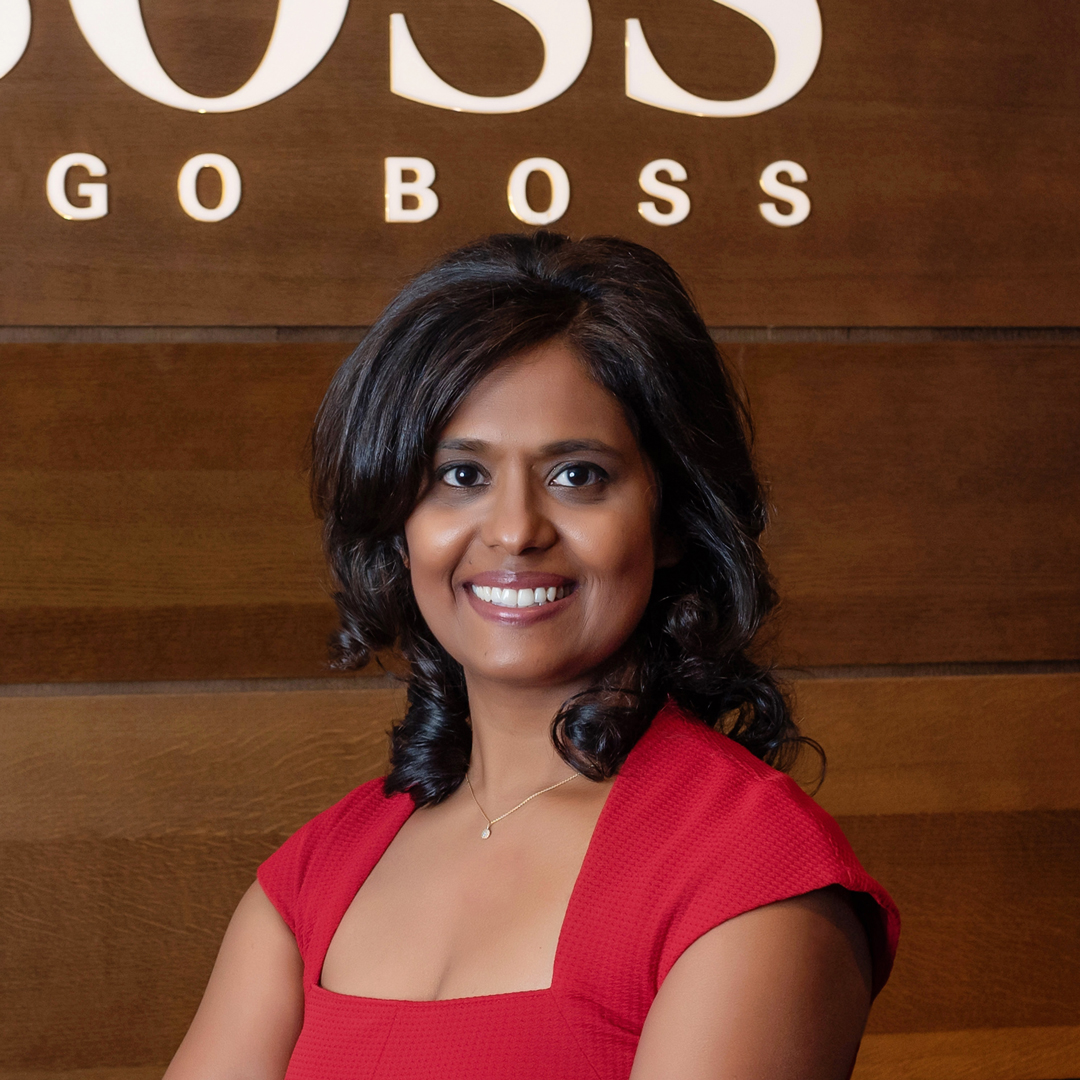|
Getting your Trinity Audio player ready... |
It’s fair to call John Foster a people person.
The longtime HR executive has helped thousands of people and dozens of organizations perform at their best, thanks to an agile approach to talent management that drives customer obsession and leads to breakthrough outcomes in during change. A graduate of Miami University with a dual degree in psychology and communications, Foster has led leadership development at companies such as the YMCA, Fidelity Investments, Charles Schwab, IDEO, Hulu, and more.
In 2019, he was hired by Santa Monica, California-based TrueCar Inc., which was going through a major transformation and executive management change. “Before TrueCar, I was working on my own business, called Gamut, to build talent development tools and advise start-ups. But I realized what I like most in my career is being a head of HR, so I’ve migrated back,” he shares. “My specialty tends to be transformational-type work, and TrueCar was in a situation where they needed some change management and facilitation support for a lot of executive and organizational changes.”
When Foster took the job, there hadn’t been a consistent HR leader for a number of years, so there was a backlog of process improvement and talent management that needed attention. In partnership with his People Leadership team, Foster has helped to redesign TrueCar’s talent management processes, leadership development processes, and internal communications.

“My job is to be an architect of a great place to work,” he says. “A key role of HR is to do anything and everything necessary to put the right people in the right place at the right time. Thinking ahead about people’s needs, understanding the pulse of the company, and being connected throughout the organization leads to better insights and better solutions.”
One of his major initiatives in 2020 has been helping to shift the company into a virtual environment—something that was in effect even before the pandemic forced many companies to do the same thing.
“We were already on the path to doing some big cultural shifts to be a more integrated and collaborative company, as we know our next stage of growth is going to require strong cross-functional collaboration in order to help the business move forward,” Foster explains. “We were aiming toward a bit of a restructure in 2020 and were already considering how to engage with a more distributed talent base when the COVID crisis hit. That accelerated our thinking.”
The company knew being distributed would allow it to bring in more talent from elsewhere, as the tech talent in Santa Monica—as well as at its Austin, Texas, office—can be expensive to manage.
“Our Dealer Sales and Service team was already spread out across the country since we work with car dealers directly, so it wasn’t that big of a shift for us to create a more proactive, constructive, dynamic workplace and use the momentum of the crisis to help us push more into it,” Foster recounts. “For me, the global crisis made things a little bit easier because there wasn’t much influencing I needed to do with leadership.”
One of the things that has made it work well right off the bat is that now everyone is on a level playing field, meaning the people in Santa Monica are no longer the “center” while the folks in the field are no longer “remote.”
“As a tech company, most of our people were already pretty mobile. Most of our jobs don’t require a physical presence, so there wasn’t a lot of complexity with the change. Also, our executive team is pretty unified and really good at communication,” Foster reveals. “We’ve focused a lot of energy on the quality of our executive communication, and I think for the most part, people don’t miss their daily commute.”
“My job is to be an architect of a great place to work.”
A key to TrueCar’s success has been utilizing the platform 15Five, a performance dialogue tool that connects managers and their direct reports on a regular basis.
The most significant challenge has been parents adjusting to the fact that schools and daycares were closed for much of 2020. The company supplied some resources to help deter some costs and better manage the situation, but it’s still a stressor for most families.
“We had our experience team, which was used to working at our facilities, focus more on virtual events and supporting everyone with their home-based workstations,” Foster notes. For instance, TrueCar supports themed virtual happy hours and has launched Donut (a Slack application) to run thirty-minute mixers that randomly match people with others in the company they normally wouldn’t meet. One team even hosts a weekly Zoom call modeled on a radio show format to make the experience more fun and engaging.
CEO Michael Darrow has been a strong proponent of frequent communication and is highly involved during all company Zooms. When he started hosting virtual executive “stand ups,” he wore a different football jersey each day and had people guess the theme of the week based on the jersey.
“We believe our communication efforts are central in keeping everyone connected and engaged, and it lets people share things that everyone is working on and feel in the loop,” Foster says. “Facilitating the check-ins and making sure they are fun helps avoid the monotony that can make any meeting boring.”
In Foster’s opinion, there are three keys to establishing a successful company culture in a virtual environment: empathy, executive communication, and support. And TrueCar continues to monitor all three as they steer the company toward success.

